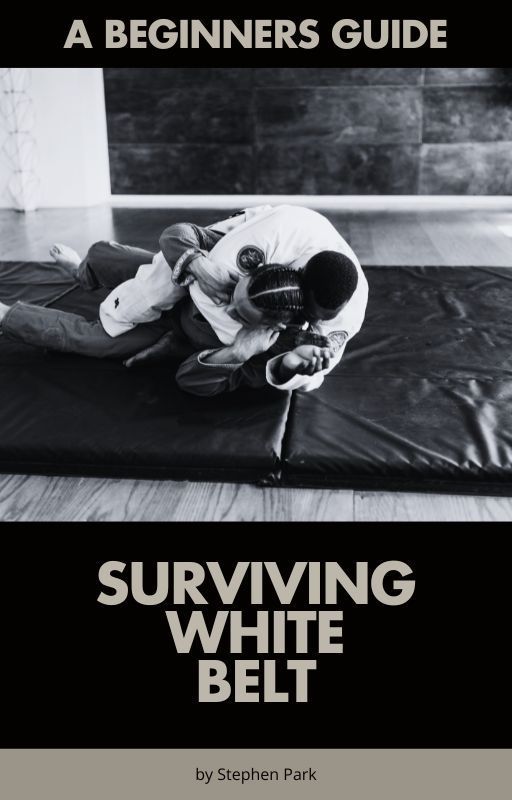Mastering Macros
Why I'm Back to Counting & Why You Should Too

For the longest time, I wanted to believe I could outwork my diet. Train hard, stay active, and somehow, the numbers would balance themselves out. And for a while, that approach worked—until it didn’t.
Now, as I approach 40, my body isn’t as forgiving as it once was. The ‘eat what you like’ method doesn’t hold up anymore, and if I’m being honest, it probably stopped working a while ago. The reality is, macros matter, and tracking them—at least to some degree—is essential for hitting body composition goals.
Why I’m Reintroducing the Grind of Counting Macros
I’ll be the first to admit: I don’t love tracking macros. It can feel tedious, time-consuming, and sometimes even restrictive. But after my injury in 2021 left me significantly less active, I should have been keeping a closer eye on my intake—especially around those ‘treat yourself’ weekends with a takeaway.
The truth is, when activity levels drop, the margin for error with food intake shrinks dramatically. You simply can’t rely on outworking a poor diet forever. So, after seeing the effects of a more relaxed approach catch up with me, I’m getting back to what works: understanding what’s going into my body and making it align with my goals.
Why You Should Track Macros (Even If You Don’t Want To)
You don’t have to weigh every gram of food or obsess over every calorie, but having a rough awareness of your macronutrient intake is a game-changer. Here’s why:
- Precision Over Guesswork – If you’re training hard but not seeing results, diet is likely the missing piece.
- Better Recovery & Performance – The right balance of protein, carbs, and fats fuels workouts and aids recovery.
- Sustainability & Flexibility – When you track, you learn where you can allow for flexibility (like that weekend takeaway) without derailing progress.
- Aging Smart – Metabolism slows as we age, making smart nutrition even more crucial for maintaining muscle and staying lean.
The Bottom Line
I’m not saying you have to be a macro-counting machine 24/7. But if you’re chasing body goals—whether that’s fat loss, muscle gain, or just feeling better—you need some level of structure with your nutrition.
So, I’m embracing the grind again, not because I love it, but because I know it works. And if you’ve been coasting on the ‘outwork a bad diet’ philosophy, it might be time to reconsider.
Take control of your intake, fuel your body right, and let’s keep making progress—no matter what age or setbacks we’ve faced. 💪
Oh, and let’s not forget—we’re still sneaking in the odd takeaway! Because balance is everything, and life’s too short to skip the good stuff. 🍕🔥







